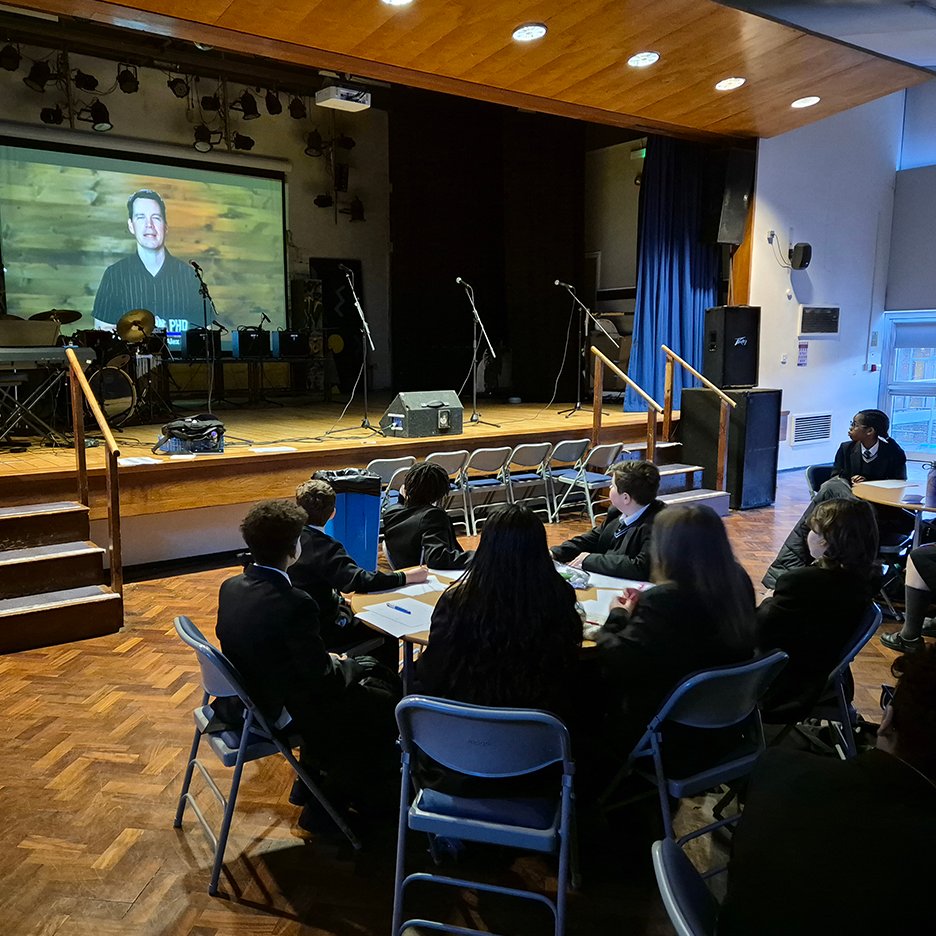English
English Literature
Exam board: AQA
Course code/specification number: 8702
Level of qualification: GCSE
What will students learn about?
Students will study a range of text types from different time periods and learn how to analyse writer’s intentions, commenting on the effect of language, structure and form. They will learn how writers can be influenced by the time in which they were writing. Students will learn how to express their ideas in confident, coherent writing and look for alternative interpretations.
What skills will students develop and demonstrate?
Students will learn to be analytical readers who can take information from different places and synthesise this into their argument. They will develop their ability to read for meaning and to evaluate the effect created by different techniques
What grades can students access?
Students can access all grades. In 2017 the GCSE grading system changed and students will receive a grade between 1 – 9 with 9 being the highest available.
How will students’ learning be assessed?
The external assessment is in the form of two examinations. These are both ‘closed book’ examinations which means students are not allowed to take the texts that they have studied into the examination hall with them. The first examination (Paper 1) focuses on a play by Shakespeare and a 19th Century Novel. This exam is worth 40% of this GCSE.
The second examination (Paper 2) focuses on Modern texts and poetry. This examination is worth 60% of the GCSE. Students will study an anthology of poetry based on a particular theme which will be examined in the examination alongside an unseen poem which the students will be expected to analyse.
What can students progress on to after completing this course?
A GCSE in English Language is considered a prerequisite for most courses and expected by most employers. The abilities developed by this GCSE are part of everyday life and will be required by whatever path the students decide to take. Of course, further study in this area is possible and many students go on to study ‘A’ levels in a range of subjects associated with English Literature and beyond that to
University. For example, English Literature, English Language, English Language and Literature, Creative Writing etc.
English Language
Exam board: AQA
Course code/specification number: 8700
Level of qualification: GCSE
What will students learn about?
Students will learn about a range of texts and their conventions. They will look at how texts are put together and what makes them effective. They will also learn about good writing and how to produce writing for different purposes.
What skills will students develop and demonstrate?
They will learn to read for meaning and to analyse the effectiveness of a text. They will learn how to compare texts and the ideas shown within them. They will learn how to write to describe, to write a narrative and to write to present a viewpoint. They will develop all the skills associated with good writing: the use of ambitious vocabulary; using a range of punctuation accurately; using sentences lengths to create and effect and how to organise their writing effectively.
What grades can students access?
Students can access all grades. In 2017 the GCSE grading system changed and students will receive a grade between 1 – 9 with 9 being the highest available.
How will students’ learning be assessed?
The external assessment is in the form of two examinations. The first examination (Paper 1) focuses on reading fiction and writing skills. This is worth 50% of this GCSE. The second examination (Paper 2) focuses writers’ viewpoints and perspectives. This examination is worth 50% of the GCSE. Similar to Paper 1, students will be assessed on their reading and writing skills although in this examination the reading texts will be non-fiction. In this examination they will also be asked to write to present a particular point of view.
Students are also internally assessed on their Spoken Language skills including presenting, responding to questions and feedback and their use of Standard English.
What can students progress on to after completing this course?
A GCSE in English Language is considered a prerequisite for most courses and expected by most employers. The abilities developed by this GCSE are part of everyday life and will be required by whatever path the students decide to take. Of course, further study in this area is possible and many students go on to study ‘A’ levels in a range of subjects associated with English Language and beyond that to Uni- versity. For example, English Literature, English Language, English Language and Literature, Creative Writing etc.
























